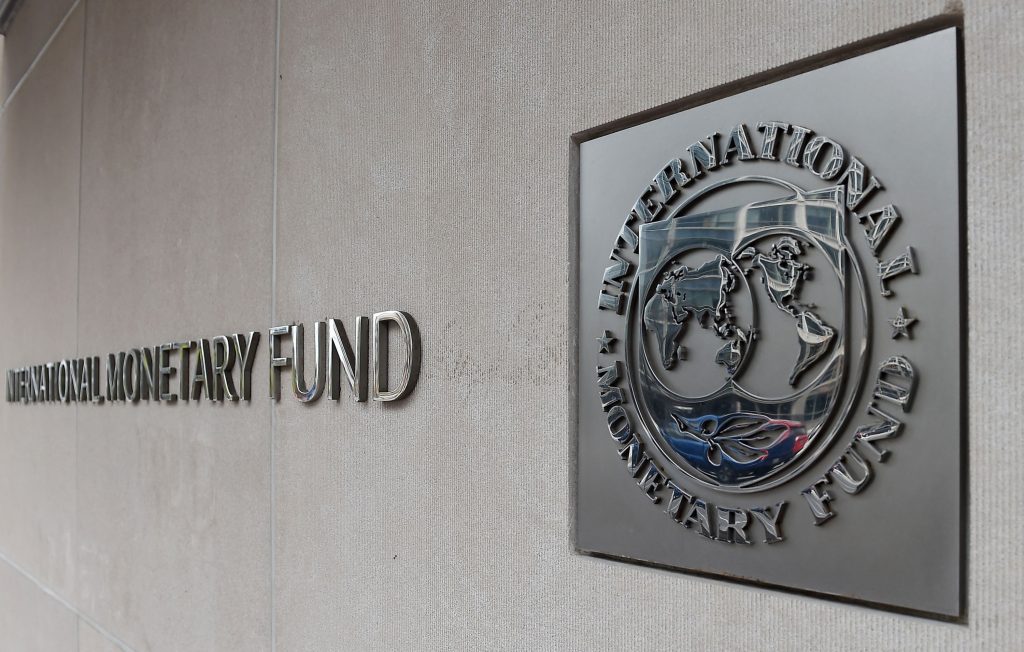Colombo: Trade unions of most state sector establishments in Sri Lanka went on a strike Monday against the government’s tax reforms to secure approval for the much-required $2.9 billion bailout package from the IMF.
The debt-struck country introduced painful economic measures such as tax hikes, and utility rate increases, part of the reforms prescribed by the International Monetary Fund (IMF), a must for the release of the bailout package.
The doctors’ trade union said it launched a day of strikes Monday, covering four of the nine provinces of the island nation.
“The doctors will be on strike until 8 am tomorrow. We only operate emergency services at hospitals,” the union spokesman, Dr Chamil Wijesinghe said.
“We want the government to roll back the new tax policy,” he added.
The university teacher’s trade union spokesperson, Shyaman Banneheka, said industrial action had begun March 9 with the workers staying away from work.
“We will join other trade unions for collective action from Wednesday (March 15) until the government withdraws the new tax policy,” Banneheka said.
“We are opposed to it and want the government to withdraw it,” Shamal Sumanaratne of the port workers’ trade union said, adding that the new high taxes would bring down the living standards of all.
He said the port workers launched a ‘go slow’ trade union action at the port.
“We will join other trade unions March 15 to stage the biggest strike in history,” Sumanaratne said.
The water sector trade unions have also joined in with its spokesman Engineer Upali Ratnayake saying that the workers would only do emergency work from Monday.
“We will be doing a half-day strike March 14 and join other trade unions March 15 for the bigger strike,” the spokesperson said.
The trade unions oppose the tax reforms imposed on the dictates of the IMF.
The cash-strapped country awaits the global lender’s formal approval March 20 for the $2.9 billion bailout package.
President Ranil Wickremesinghe said that the public would have to undergo hardships for a limited period to emerge from the island nation’s worst-ever economic crisis.
Wickremesinghe told Parliament recently that all of IMF’s pre-conditions for the bailout had been fulfilled and the reforms prescribed were a must for implementation.
His government had raised personal taxes and utility bills and cut subsidies as part of the reforms required.
The IMF bailout process made slow progress due to the need to restructure Sri Lanka’s nearly 50 billion dollar external debt.
By the end of June 2022, the debt-struck country owed nearly $40 billion to bilateral, multilateral, and commercial loans, according to the figures released by the Treasury.
Chinese loans amounted to 20 percent of the total debt owed and 43 percent of the bilateral loans.
In January, India strongly backed the island nation’s efforts to secure a loan from the global lender to recover from its worst-ever economic crisis.
Sri Lanka in April declared its first-ever debt default in its history as the economic crisis since independence from Britain in 1948 triggered by forex shortages sparked public protests.
Months-long street protests led to the ouster of the then-president Gotabaya Rajapaksa in mid-July. Rajapaksa had started the IMF negotiations after refusing to tap the global lender for support.
PTI
